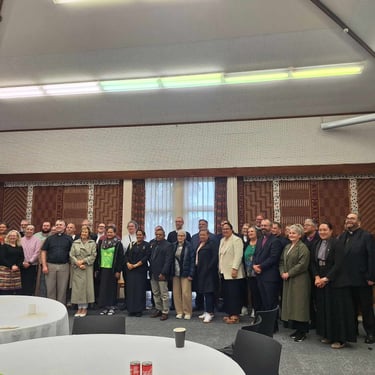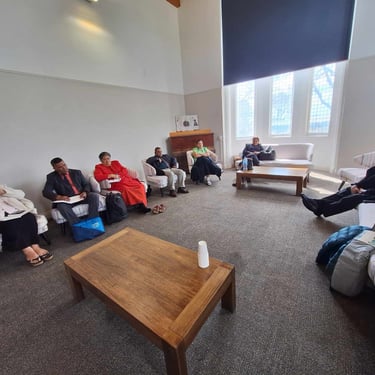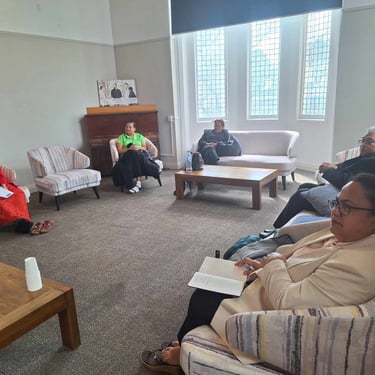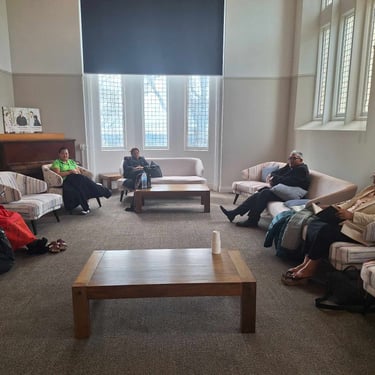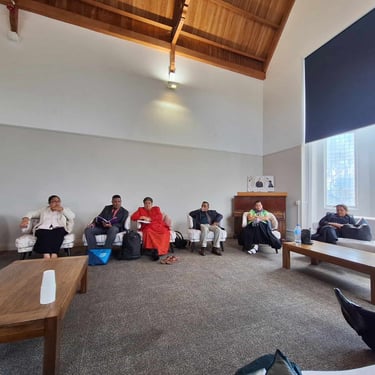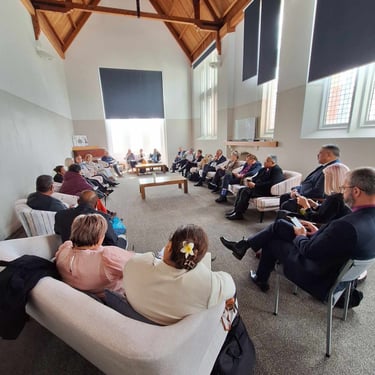Embracing Our Identity and Unity in Anglican Schools
Auckland, New Zealand
Principals and chaplains from 44 schools across the three Tikanga gathered for a day of Talanoa, a sacred space for sharing and reflection. This event allowed participants to explore the identity and special character of Anglican schools while fostering a network of mutual support and growth. Together, we asked ourselves an essential question: What defines us as Anglican schools?
The Most Reverend Sione Uluilakepa, Archbishop of the Diocese of Polynesia, was joined by principals from six of the Diocesan schools located in Tonga, Samoa, and Fiji in this talanoa. Their presence further enriched the conversation, bringing unique perspectives from their respective islands.
This collective gathering reflected the call to teach and learn divine love, honoring the unique diversity of indigenous cultures within our region. The richness of our traditions is not something to be compartmentalized but something to be shared, celebrated, and embedded within our schools' identities.
A key metaphor that emerged during this conference was the Tongan kava bowl, or kumete, a powerful symbol of the relational and cultural work of Anglican and Mihinare schools. Just as participants in a kava ceremony come together to share in a common experience, so too do our schools. Relationships, cultural protocols, and open sharing are fundamental to nurturing our students and communities.
The saying, "With your food basket and my food basket, the people will thrive," resonated deeply throughout the day. This idea, both literal and metaphorical, reminds us that working in isolation leads to mere survival. However, when we collaborate, bringing together our unique skills, knowledge, and resources, we can transcend survival and move toward prosperity.
This is especially important in the educational context. When our schools, rooted in Pasifika and Maori settings, combine their collective wisdom, the potential for accelerating students' learning is immense. It is not enough for students to simply survive their educational journeys; they must thrive and achieve success in ways that honor their cultures and communities.
Through this gathering, it became clear that as Anglican schools, we have a responsibility to nurture a holistic environment—one where both academic success and spiritual growth are central. The network established during this conference is not just a connection of professionals but a family bound by a shared mission: to help our students prosper, grounded in divine love and cultural integrity.
As we move forward, let us continue to weave these threads of identity, tradition, and collaboration into the fabric of our schools, ensuring that our communities thrive in every sense of the word.
